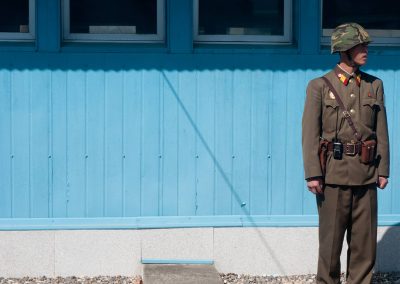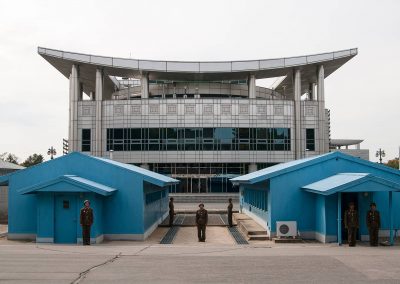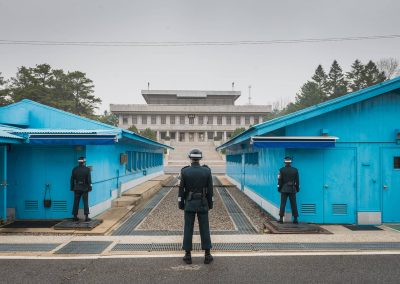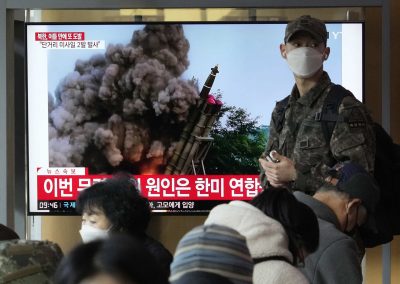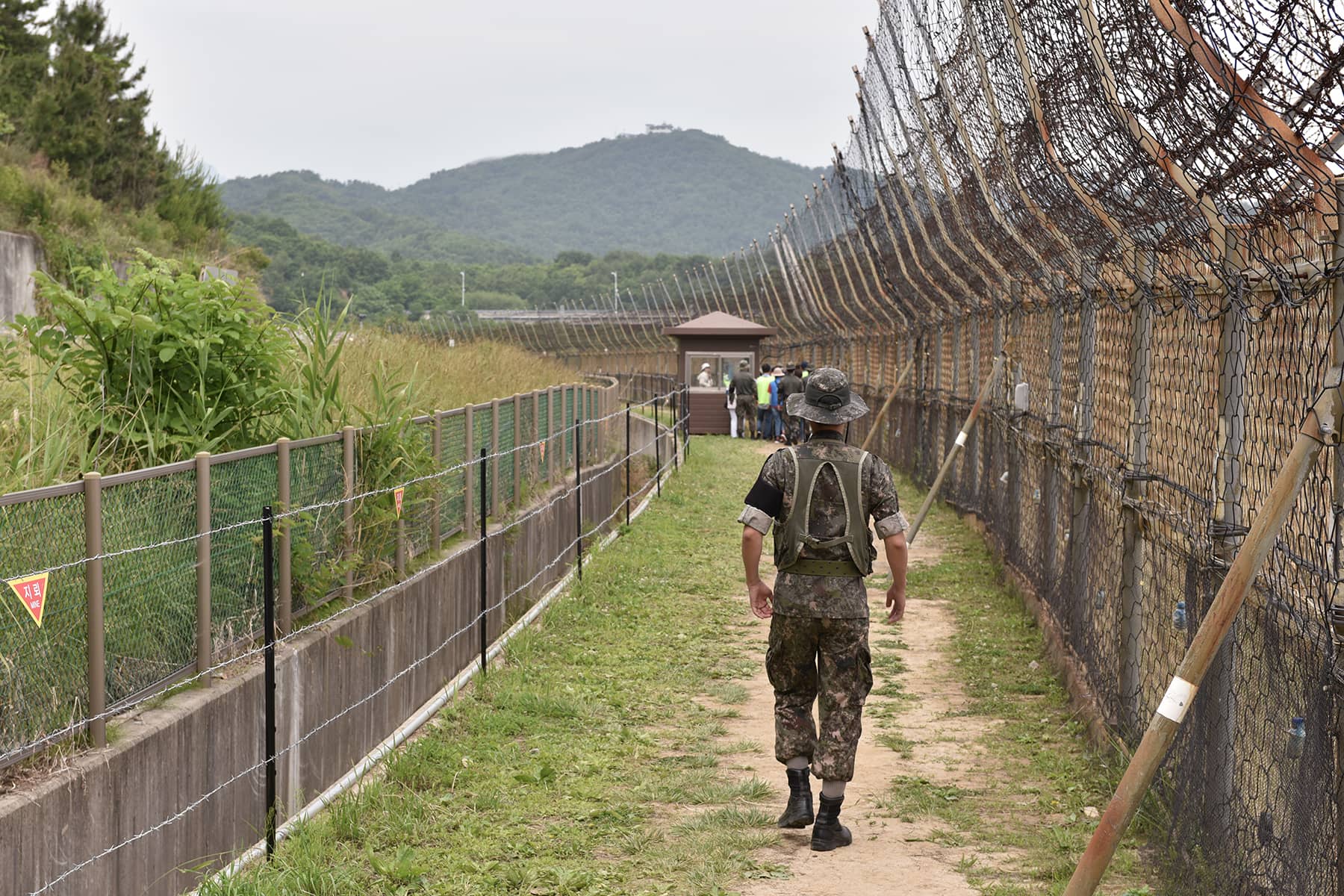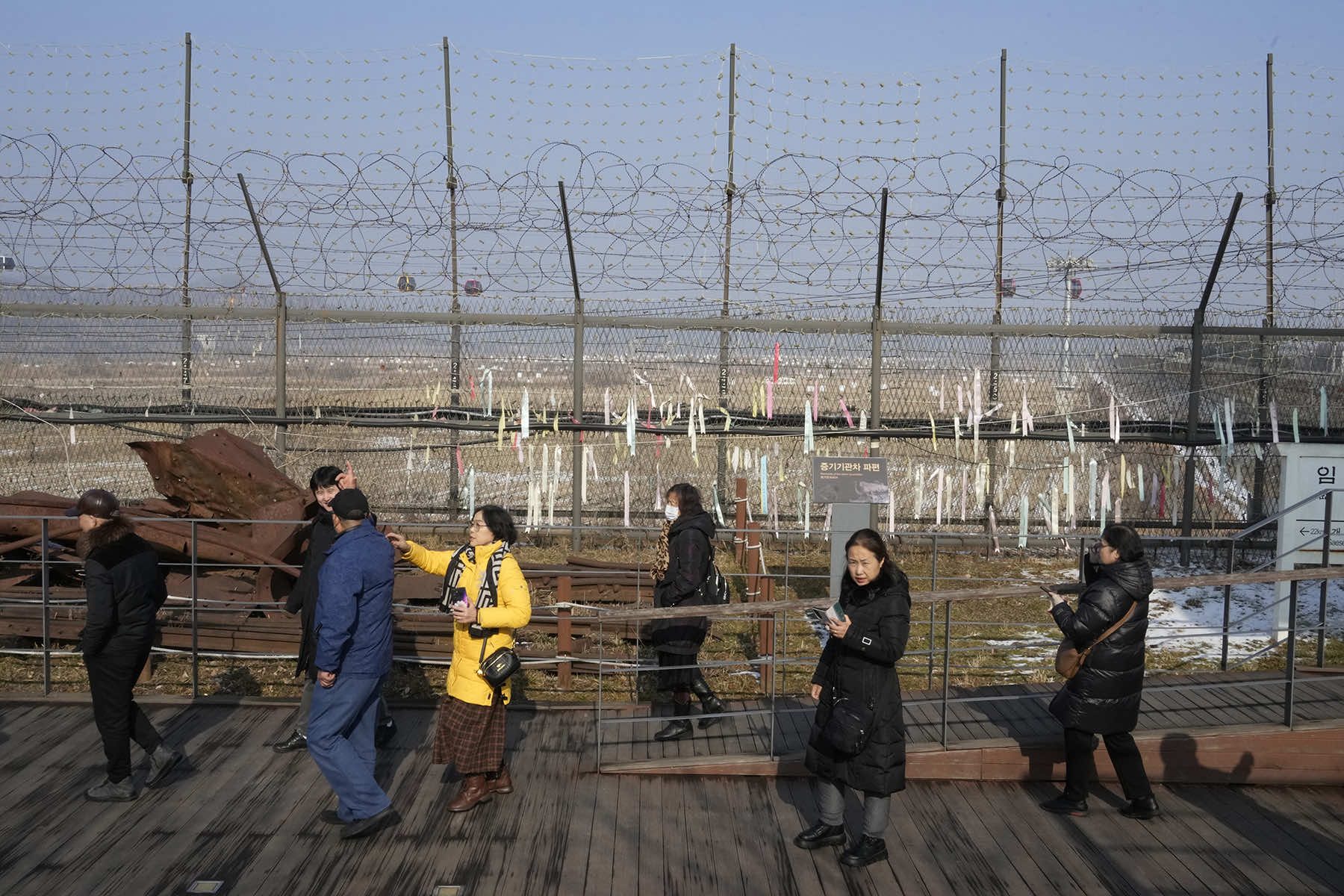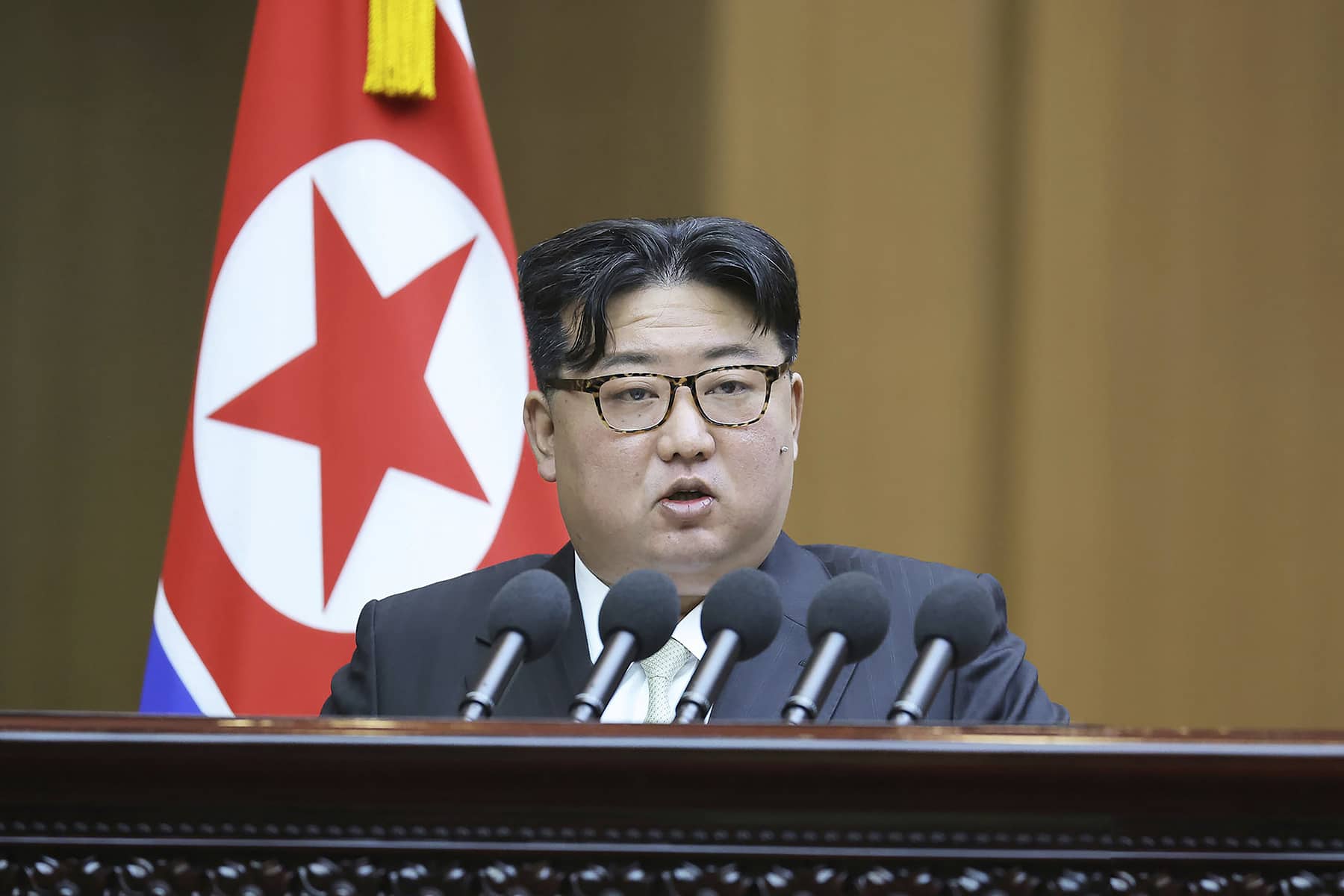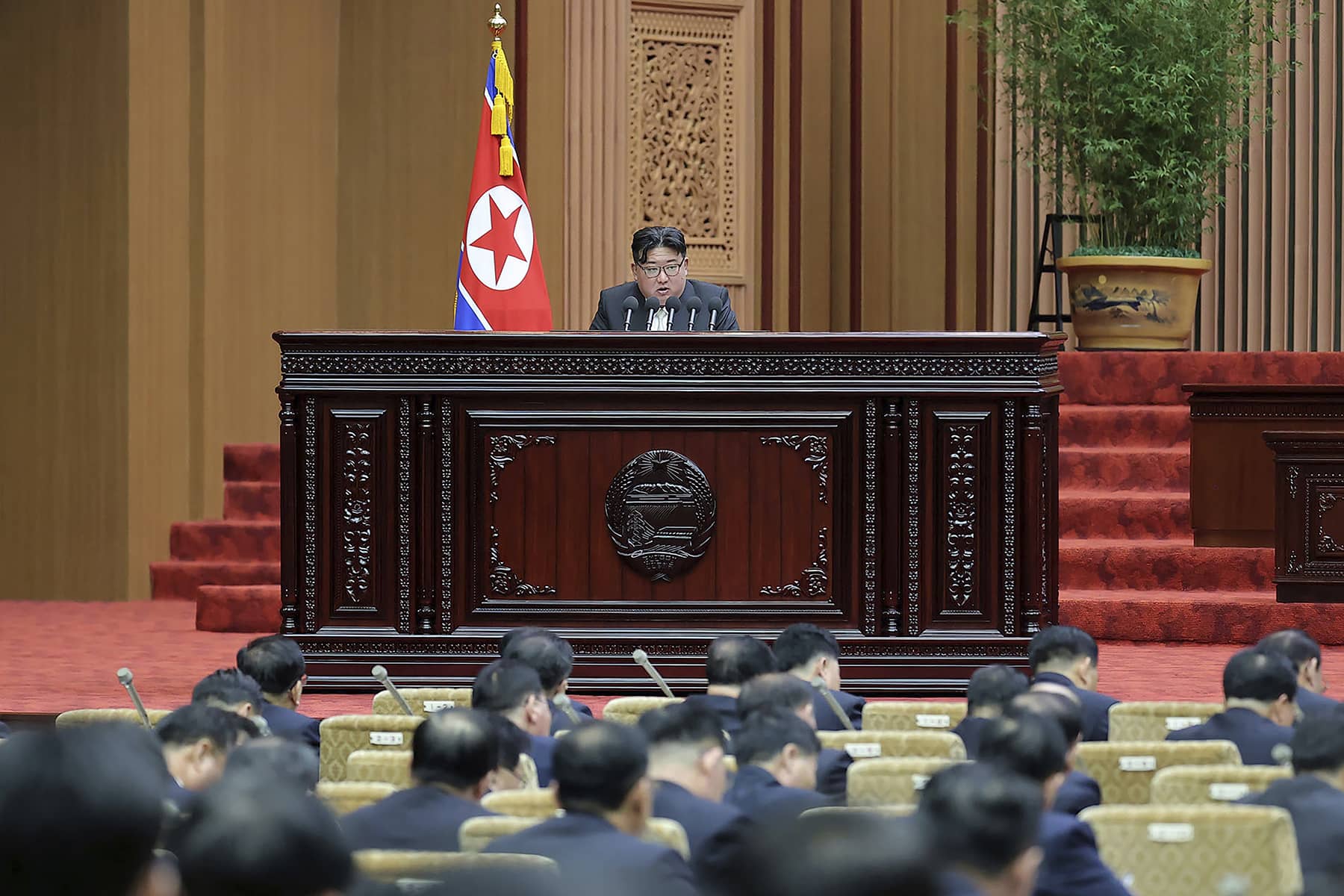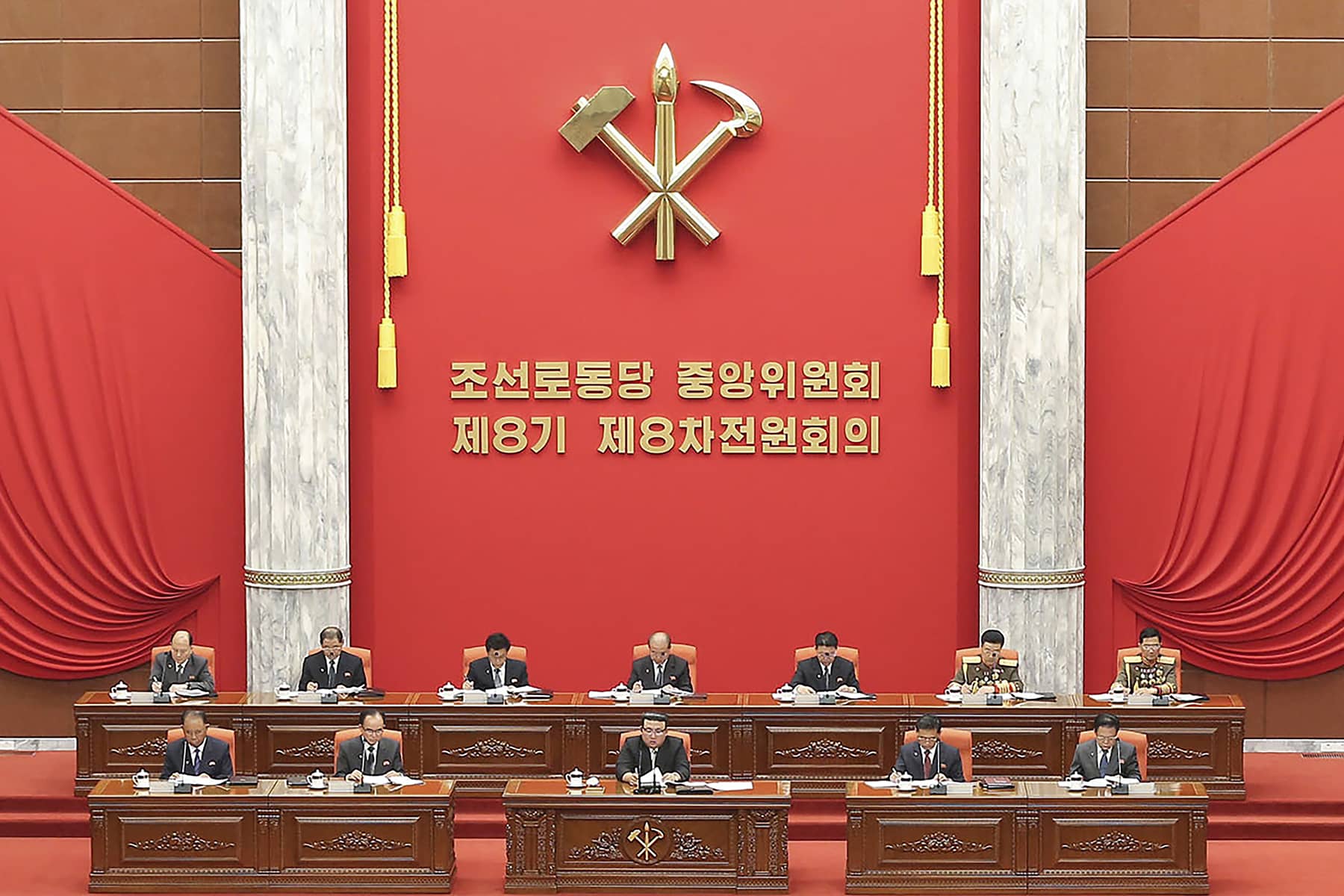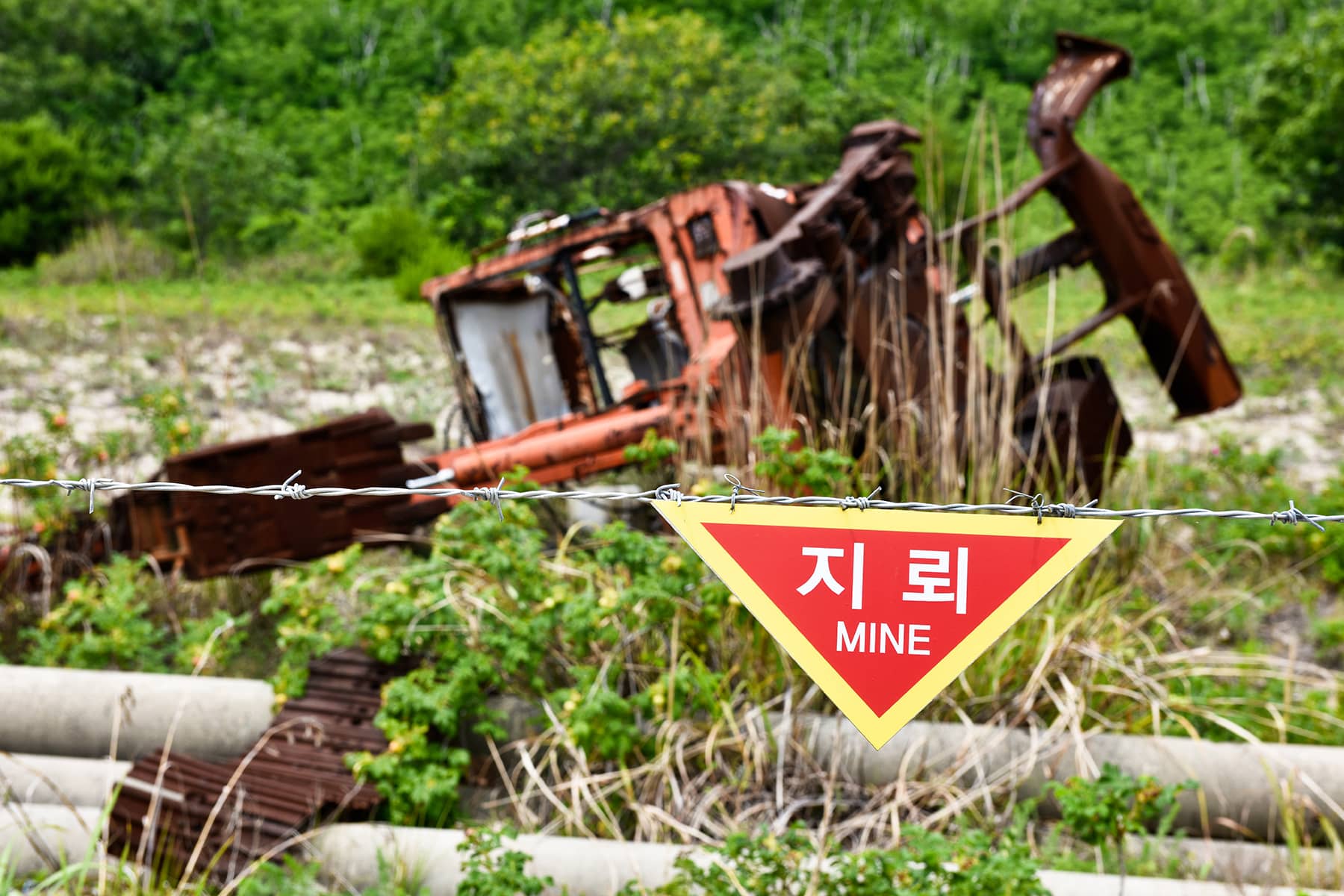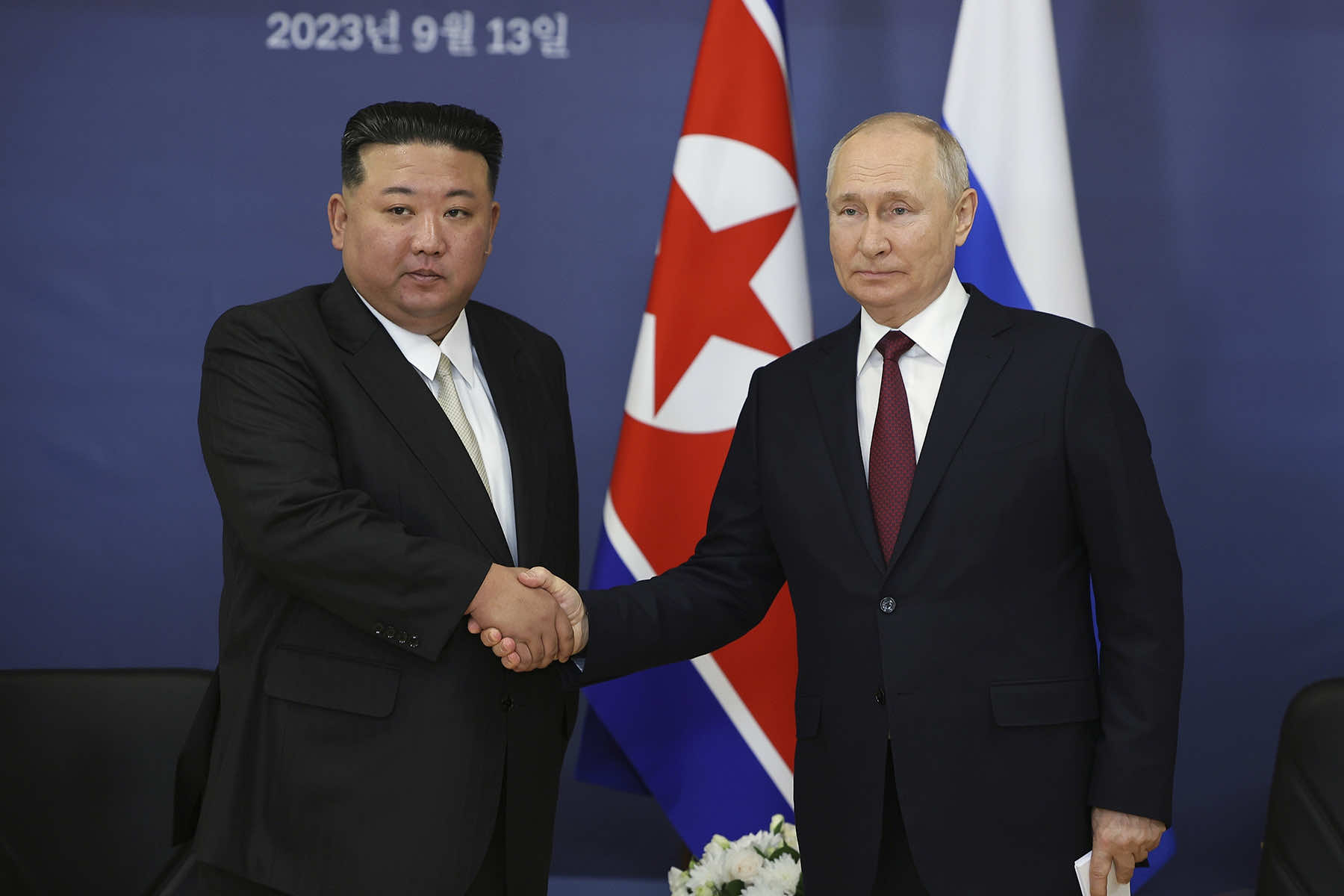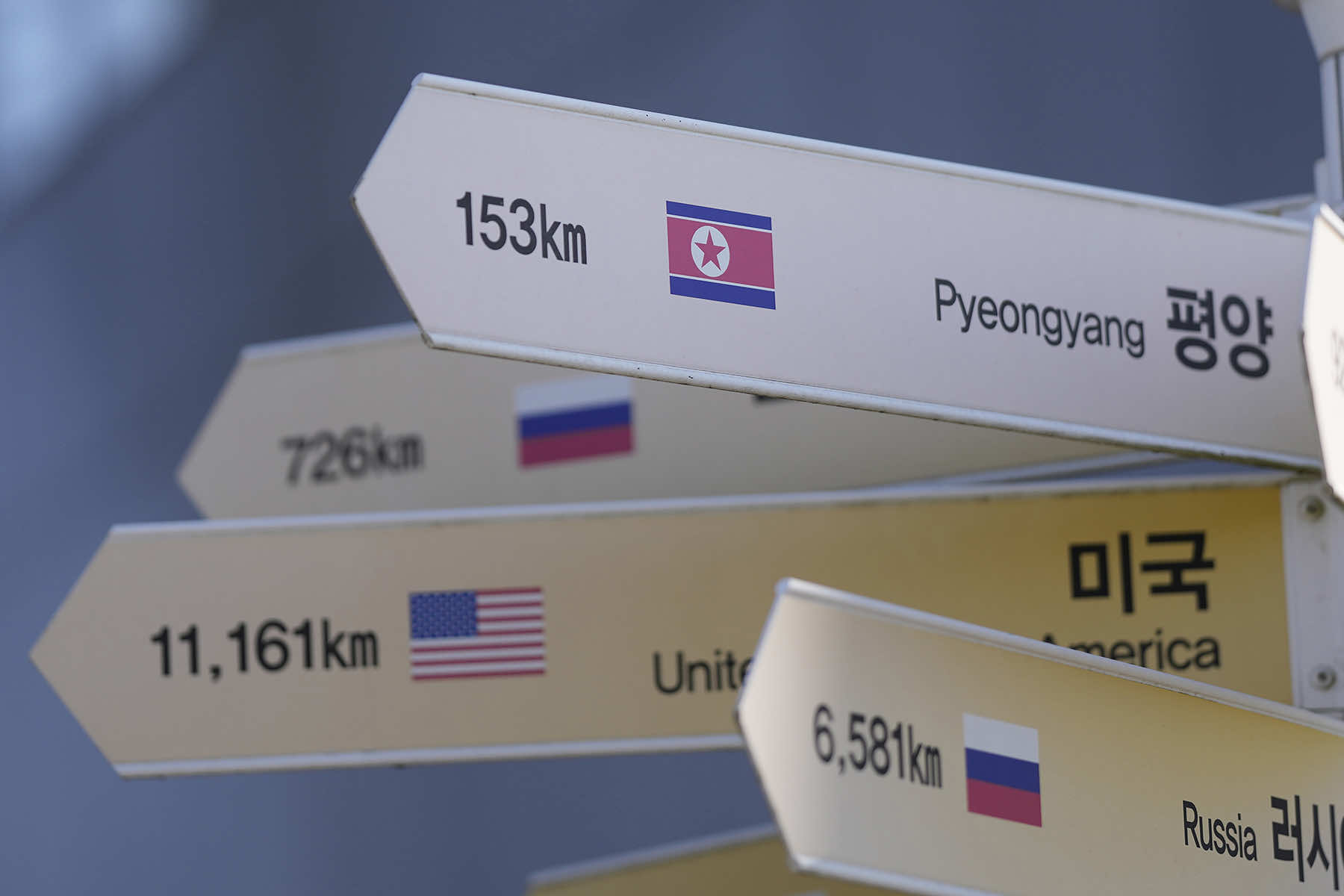
North Korean leader Kim Jong Un said his country would no longer pursue reconciliation with South Korea and called for rewriting the North’s constitution to eliminate the idea of shared statehood between the war-divided countries, state media said on January 16.
The historic step to discard a decades-long pursuit of a peaceful unification, which was based on a sense of national homogeneity shared by both Koreas, comes amid heightened tensions where the pace of both Kim’s weapons development and the South’s military exercises with the United States have intensified in a tit-for-tat.
Some experts say Kim could be aiming to diminish South Korea’s voice in regional security matters and communicate more clearly that he would seek to deal directly with the United States over the nuclear standoff, which has deepened amid disagreements over the stringent U.S.-led sanctions over his growing nuclear weapons program.
“With advanced nuclear and missile capabilities and the support of Russia and China, Kim feels confident enough to make these changes, which amount to his most consequential proclamations on external affairs since taking power in North Korea,” said Ankit Panda, an expert with the Carnegie Endowment for International Peace.
Declaring the South as a permanent adversary, not as a potential partner for reconciliation, could also be part of efforts to improve the credibility of Kim’s escalatory nuclear doctrine, which authorizes the military to launch preemptive nuclear attacks against adversaries if it perceives the leadership in Pyongyang as under threat.
The North Korean steps come as Kim has been actively boosting his partnerships with Moscow and Beijing as he attempts to break out of diplomatic isolation and increase his leverage by joining a united front against Washington.
North Korea also abolished the key government agencies that had been tasked with managing relations with South Korea during a meeting of the country’s rubber-stamp parliament on January 15, the North’s official Korean Central News Agency said.
The Supreme People’s Assembly said the two Koreas are locked in an “acute confrontation” and that it would be a serious mistake for the North to regard the South as a partner in diplomacy.
“The Committee for the Peaceful Reunification of the Country, the National Economic Cooperation Bureau and the (Diamond Mountain) International Tourism Administration, tools which existed for (North-South) dialogue, negotiations and cooperation, are abolished,” the assembly said in a statement.
During his speech, Kim blamed South Korea and the United States for raising tensions in the region, citing their expanded joint military exercises, deployments of U.S. strategic military assets, and their trilateral security cooperation with Japan as turning the Korean Peninsula into a dangerous war-risk zone, KCNA said.
Kim said it has become impossible for the North to pursue reconciliation and a peaceful reunification with the South, which he described as “top-class stooges” of outside powers that are obsessed with confrontational maneuvers.
He called for the assembly to rewrite the North’s constitution to define South Korea as the North’s “primary foe and invariable principal enemy.” The new constitution should specify North Korea would pursue “occupying, subjugating and reclaiming” South Korea as part of the North’s territory if another war erupts on the Korean Peninsula, Kim said.
He also ordered the removal of past symbols of inter-Korean reconciliation, to “completely eliminate such concepts as ‘reunification,’ ‘reconciliation’ and ‘fellow countrymen’ from the national history of our republic.”
He specifically demanded cutting off cross-border railway sections and tearing down a monument in Pyongyang honoring a pursuit for reunification, which Kim described as an eyesore.
“It is the final conclusion drawn from the bitter history of the inter-Korean relations that we cannot go along the road of national restoration and reunification together,” he said.
South Korean President Yoon Suk Yeol during a Cabinet meeting in Seoul said Kim’s comments show the “anti-national and anti-historical” nature of the government in Pyongyang. Yoon said the South was maintaining firm defense readiness and would punish the North “multiple times hard” if it provokes it.
“(The North)’s fake peace tactic that threatened us to choose between ‘war’ and ‘peace’ no longer works,” Yoon said.
In his speech at the assembly, Kim reiterated that the North has no intention to unilaterally start a war, but has no intentions to avoid one either. Citing his growing military nuclear program, he said a nuclear conflict in the Korean Peninsula would end South Korea’s existence and bring “unimaginable disaster and defeat to the United States.”
Kim had made similar remarks during a year-end ruling party meeting, saying ties between the Koreas have become “fixed into the relations between two states hostile to each other.” At a political conference recently, he defined South Korea as the North’s “principal enemy” and threatened to annihilate it if provoked.
The assembly said North Korea’s government would take “practical measures” to implement the decision to abolish the agencies handling dialogue and cooperation with the South. The National Committee for Peaceful Reunification has been North Korea’s main agency handling inter-Korean affairs since its establishment in 1961.
“North Korea is aiming to destroy the illusions of unification, inter-Korean exchanges, and cooperation that remain in the minds of its people,” said Lim Eul-chul, a professor at Seoul’s Kyungnam University’s Institute for Far Eastern Studies.
It is the reverse of Kim’s approach in 2018, when he initiated diplomacy with South Korea’s former liberal President Moon Jae-in, and later used Seoul as a bridge to engage with then-president Trump, part of an ambitious effort to leverage his nukes for badly needed economic benefits.
After the diplomatic failure in Hanoi, North Korea halted all cooperation with the South, and blew up an empty inter-Korean liaison office in 2020 to display its displeasure toward Seoul.
“The risks of an inter-Korean clash cannot be ruled out, but North Korea may choose to test South Korea’s thresholds below the threshold of all-out conflict,” Panda said. “Political moments in both South Korea and the United States also make this an appealing approach for Kim.”
The National Economic Cooperation Bureau and the Diamond Mountain International Tourism Administration had been set to handle joint economic and tourism projects between the Koreas during a brief period of reconciliation in the 2000s.
Such projects, including a jointly operated factory park in the North Korean border town of Kaesong and South Korean tours to the North’s Diamond Mountain resort, have been halted for years as relations between the rivals worsened over North Korea’s nuclear ambitions.
Those activities are currently banned under U.N. Security Council resolutions against the North that have tightened since 2016 as Kim accelerated his nuclear and missile tests.
Kim has further vowed to expand his nuclear arsenal and severed virtually all cooperation with the South. He has dialed up his weapons demonstrations to a record pace since the start of 2022, using the distraction created by Russia’s war on Ukraine to expand his military capabilities.
There has been also growing international concern over an alleged arms cooperation deal between North Korea and Russia. The United States and South Korea say North Korea has provided Russia with arms, including artillery and missiles, to help its fight in Ukraine.
“Russia is in need of North Korean weapons, and that has naturally boosted the North’s munitions industry and injected some vitality into its economy, and in return, North Korea (likely) receives energy, food and technology assistance,” said Koh Yu-hwan, a scholar at Seoul’s Dongguk University and former president of the Institute of National Unification.
Kim Tong-Hyung, Jiwon Song, and MI Staff
Associated Press
SEOUL, South Korea
Ahn Young-joon (AP), Lee Jin-man (AP), KCNA (Korean Central News Agency via AP), Vladimir Smirnov (via AP), and Joshua Davenport, Lebedev, Lee von Gynz-Guethle, Stanislav Varivoda (via Shutterstock)

